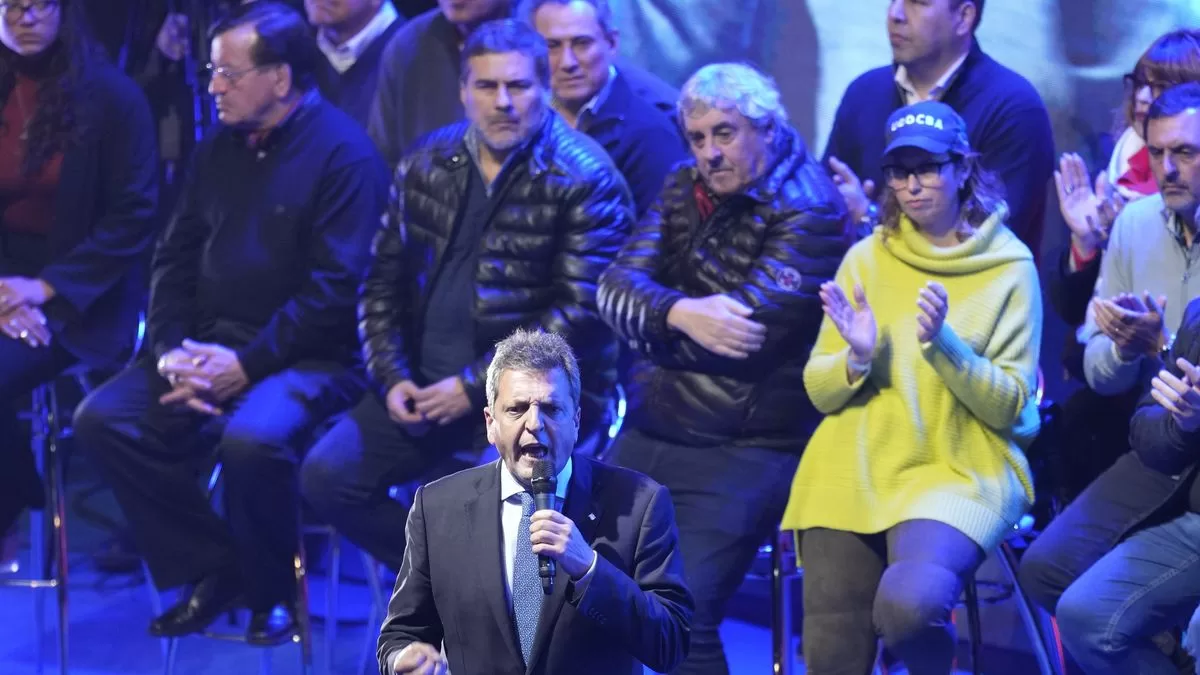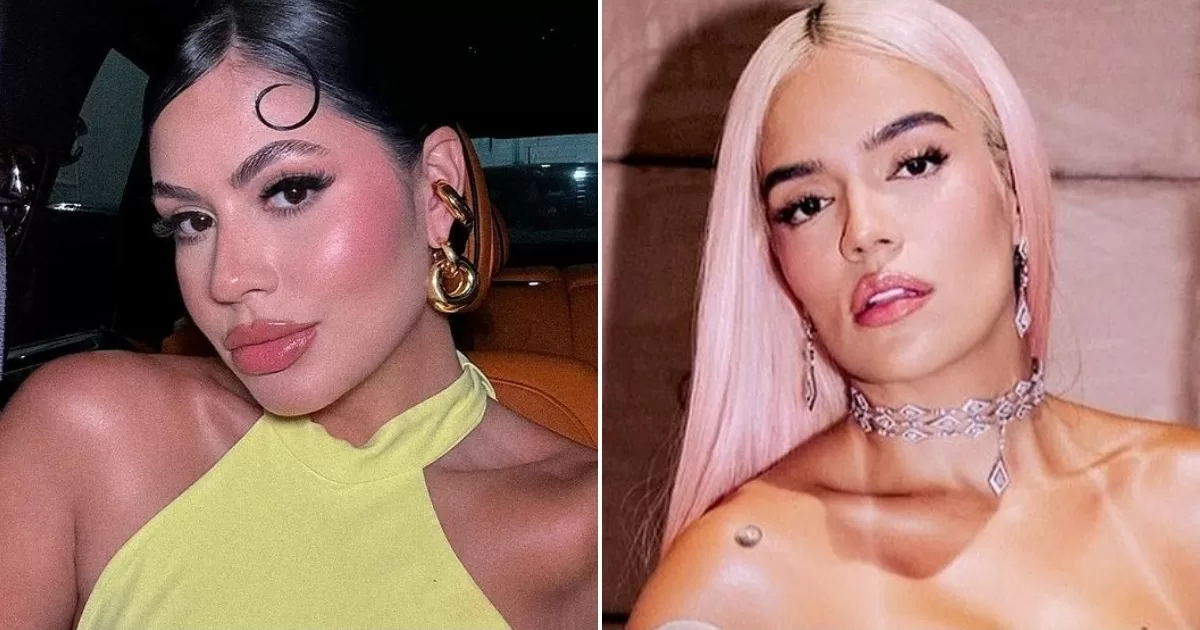They are held in the context of annual inflation of more than 115%, poverty that affects 40% of the population and amid doubts about the suitability of the main applicants to solve these problems, which raises fears of an increase in abstention.
More than 20 formulas are presented in this call to the polls in which the sharpest dispute occurs between two leaders of the largest opposition force, the center-right Juntos por el Cambio. Meanwhile, the Minister of Economy, Sergio Massa, is an almost certain winner in the internal government.
The disruptive figure is the far-right Javier Milei, the only candidate for La Libertad Avanza, a group that has gained the support of people who are dissatisfied with the constant rise in prices, the worsening of poverty and citizen insecurity.
WHO VOTES AND WHAT IS ELECTED?
More than 35 million people are summoned to participate in the Simultaneous and Mandatory Open Primaries that will define the names of those who will compete in the presidential elections on October 22.
The aspirants to occupy 24 seats in the Senate and 130 national deputies will also be determined, in addition to the candidates for mayor of the City of Buenos Aires and the government of the province of the same name, among other positions.
WHO IS THE MAIN ASPIRANT OF OFFICIALIST PERONISM?
In the Unión por la Patria space, the formula led by the Minister of Economy, Sergio Massa, and the one headed by the leftist social leader Juan Grabois compete.
Massa is the leader of the Frente Renovador, the third leg of the ruling coalition that also makes up President Alberto Fernández and Vice President Cristina Fernández de Kirchner.
Close to political leaders in the United States and the business sector, he is a candidate accepted by the markets, but not so much by Kirchnerism, the left-leaning sector within Peronism and who should have accepted him because his figure is the one that captures the most votes of that coalition.
Massa came to the ministry a year ago to combat inflation with zero results but managed to renegotiate Argentina’s payments to the International Monetary Fund (IMF) for the refinancing of the debt contracted by the government of then President Mauricio Macri (2015-2019).
WHO ARE THE MAIN OPPOSITION PRE-CANDIDATES?
In the opposition coalition Together for Change, the mayor of the capital, Horacio Rodríguez Larreta, and the former Minister of Security, Patricia Bullrich, are measured. According to surveys, this center-right force, which seeks to recover the power it lost in 2019, would enjoy a slight advantage over the ruling party.
Rodríguez Larreta represents the most moderate sector of the opposition coalition and seeks to seduce anti-Kirchnerists but also Peronist voters through his image as a manager as mayor of Buenos Aires.
Bullrich went through different Peronist groups until he acquired a right-wing and tougher profile. According to analyst Juan Cruz Díaz, director of the consultancy Cefeidas, while Rodríguez Larreta decided to distance himself from Macri to build a more personal leadership, the former minister has the support of the former conservative president.
Meanwhile, Milei is an ultra-liberal economist who provokes love and fear in equal measure. He accuses traditional politicians of being corrupt and members of a privileged “caste” that seeks to benefit from the public service to the detriment of society. Many of his supporters are young people frustrated with the traditional political class that does not solve inflation, insecurity and the lack of credit to access housing, among other problems.
WHAT ARE THE MAIN CONCERNS OF ARGENTINIANS?
Argentines consider that insecurity and inflation are their main problems.
Accumulated inflation in the first semester is 50.7% while annual inflation reaches 115.6%. Poverty affects 40% of the population of 47.3 million people, while a growing devaluation of the peso against the dollar is expected in a scenario with restrictions in the exchange market, fall in reserves and fiscal deficit.
Added to this is the need to move forward smoothly with the refinancing of the 45,000 million dollar debt with the IMF.
WHAT DO THE CANDIDATES PROPOSE AS A SOLUTION?
They all say they will fight inflation.
Massa proposes fiscal balance, a trade surplus and development with inclusion and accuses opponents of seeking economic adjustment.
Rodríguez Larreta says that he will put the economy in order and is open to doing so by seeking agreements with Peronism. He believes that the restrictions in the exchange market must be lifted, although not immediately, as Bullrich proposes.
Macri’s former minister rules out agreements with her opponents, wants to turn to the fight against insecurity and promises “order in society, economic order, order in the streets”, taken over by constant social protests.
Milei proposes a drastic cut in public spending, closing the Central Bank, considering it responsible for the unrestrained issuance of money, and dollarizing the economy.
WHAT POLITICAL FIGURES WILL BE ABSENT IN THE PRIMARIES?
Vice President Fernández de Kirchner, who governed between 2007 and 2015 and is one of the central figures of Peronism and Argentine politics of the last 20 years, will not compete for a presidential candidacy, partly due to a lack of sufficient electoral support, according to analysts. .
His decision not to aspire to other public positions put to rest the conjectures that he intended to shield himself with political immunity from the legal cases he is facing.
President Fernández will also be absent because he does not aspire to re-election due to the sharp decline in his image.
Nor does former President Macri, a benchmark for the opposition coalition, have any aspirations.
———-
AP journalist Débora Rey contributed to this story.
FOUNTAIN: Associated Press


